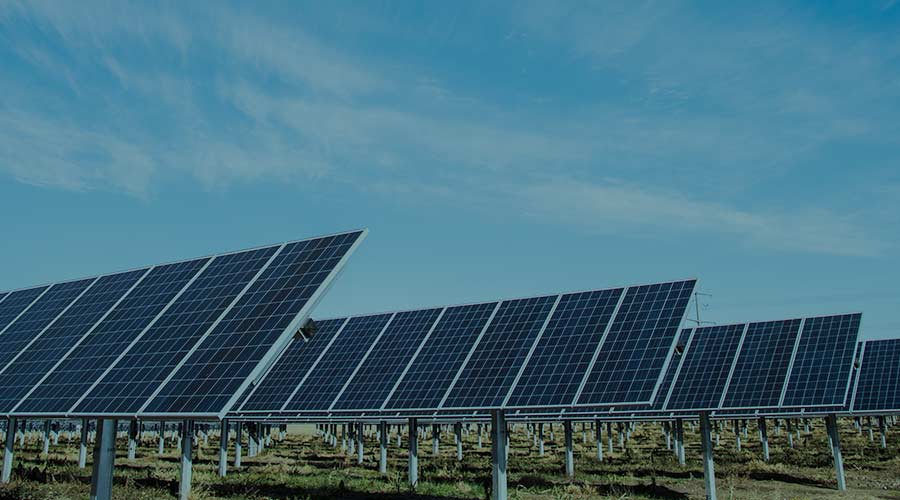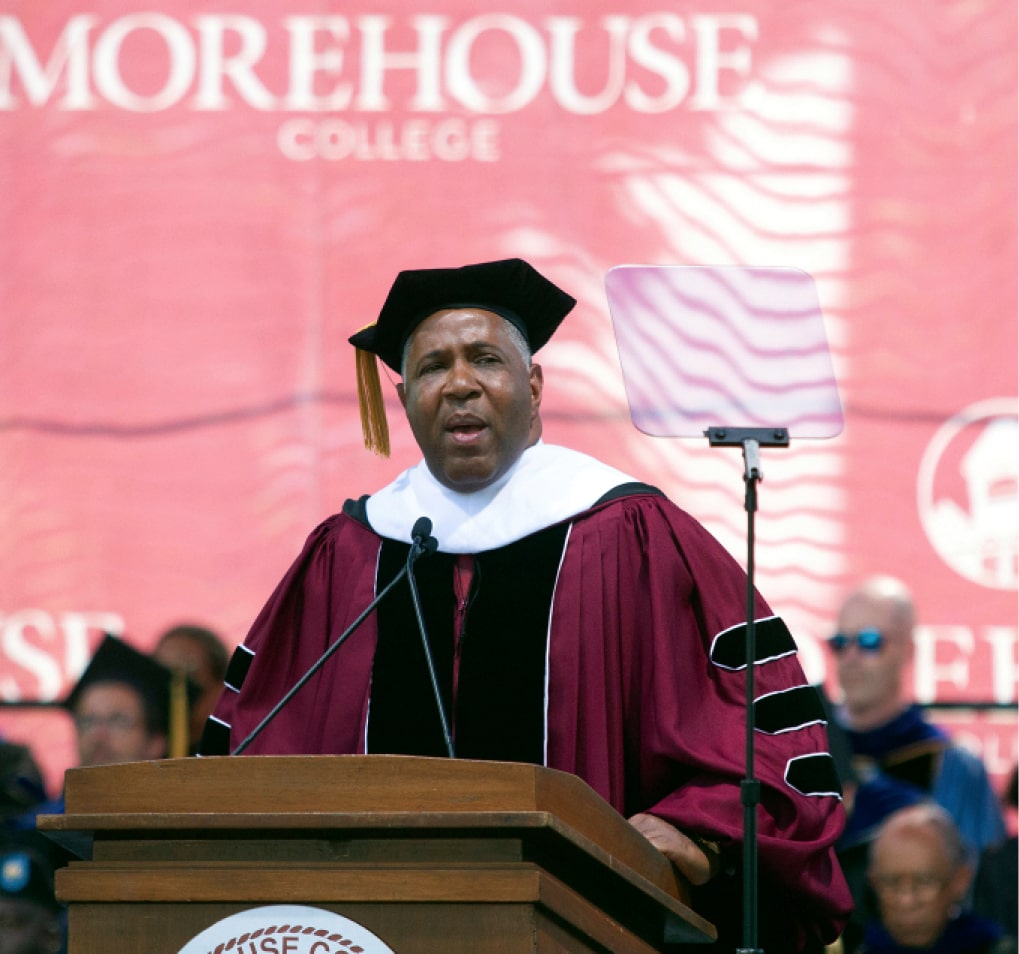A new scientific report released by the Intergovernmental Panel on Climate Change (IPCC), showed that climate change is “unequivocal” and that the world must take immediate action to prevent the worst effects of climate change.
However, communities across the country are already dealing with the impacts of climate change, while at the same time working to recover from the health and economic crisis. Both of these challenges are impacting communities of color more than their white counterparts, exacerbating inequities that already exist.
People of color are more likely to die of environmental causes than their white counterparts, and air pollution disproportionately impacts African American and low-income communities.
Combating Climate Change
The private sector has a unique role to combat climate change. The Business Roundtable — an association of CEOs across the US — released in September 2020 a set of principles and policies asking the private and public sector to work together to reduce greenhouse gases emissions. For the first time, the recommendations included pricing carbon to help spur innovation that decreases greenhouse gas emissions.
“We face an enormous number of challenges right now, and one we cannot afford to overlook is climate change,” Smith shared in an Instagram post. “Business Roundtable is introducing a comprehensive strategy for reducing greenhouse gas emissions. This can’t wait. Let’s do this.”
To combat climate change and support African American communities, Vista Equity Partners also announced two major commitments. First, the firm committed to becoming one of the first private equity firms in North America to support net-zero greenhouse gas emissions across its portfolio. On the commitment, Robert F. Smith, the company’s Founder, Chairman and CEO, said “climate change threatens our existence, and we embrace our shared responsibility to preserve our planet for future generations.”
This news comes just weeks after the investment firm announced a new partnership to help expand access to clean energy in the historically underserved and predominantly African American community in Jackson, Tennessee. These commitments are coming at a crucial time, but more support is still needed.
Corporations Can (And Should) Make an Impact
Beyond just addressing the disproportionate impact of climate change, corporations have the ability to make a huge impact on social issues and racial justice. Robert F. Smith has proposed that all corporations dedicate just 2% of their profits to supporting economic justice for Black Americans and closing the wealth gap by investing in Black communities and businesses.
Within The 2% Solution are opportunities for location-based investment. Smith notes that approximately half of all African Americans live in just six cities and surrounding communities: Atlanta, Memphis, New Orleans, Birmingham, Houston and Charlotte, he continues by saying “impactful initiatives in these communities could serve as a replicable starting place for many other cities and communities across the country.”
Investing in and protecting our environment and communities is critical to achieving a better world and supporting economic justice for Black Americans.
Learn more about Robert F. Smith’s philanthropic work to address climate change and protect the environment.







